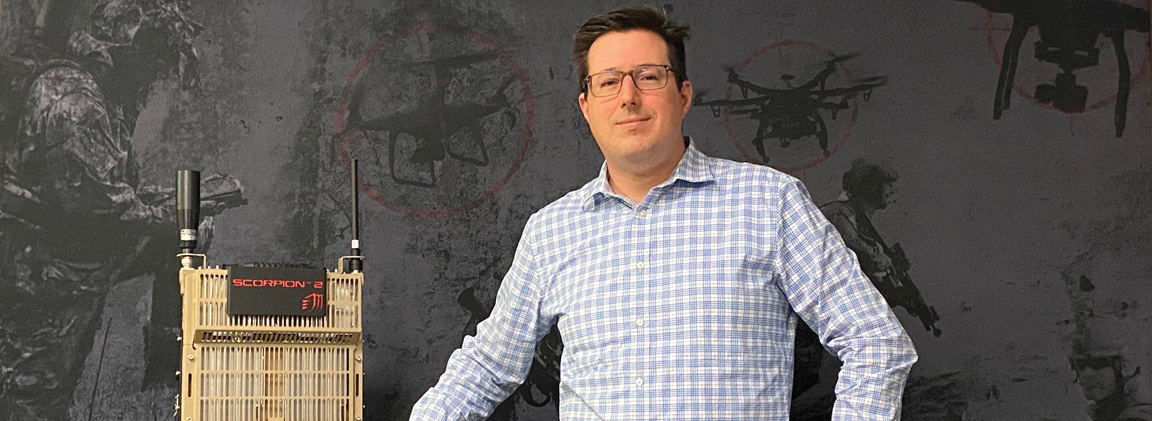Hopes that U.S. President Joe Biden will foster a more stable international environment than his controversial predecessor are proving premature. During the newly elected Administration’s first two months in office the U.S. launched air strikes against Syria, threatened China and Iran and waffled about the Trump Administration’s commitment to withdraw troops from Afghanistan. It is not yet clear what undisclosed provocations the U.S. was subject to, nor whether Biden’s tough stance is just a negotiating tactic.
However, a series of recent background interviews suggest that Canadian defence sector stakeholders are quietly preparing for possibility that U.S. Armed Forces could broaden their international commitments during the coming months and years. This is leading to quiet reassessments regarding the degree to which the Canadian Armed Forces might be asked to contribute.
If that happens, Allen-Vanguard could be one of the first providers called upon, as the company develops electronic countermeasure systems that protect Armed Forces, heads of state and aid workers from radio-controlled improvised explosive devices (RCIED) and drone attacks. “It’s crazy how busy we are,” says Steve Drover, the company’s Director, Business Development. “Pandemic related constraints have many of us working at home. But people are more available than ever, and things are moving.”
Gilad Helman, Allen-Vanguard’s Director of Program Management for Vehicle Systems, notes that the CAF’s needs extend far beyond any specific kit or equipment. “Their goal is to be able to identify and exploit signals of interest within a given battlespace in order to share information and make operational decisions,” says Helman. “That implies a Land Electronic Warfare system that can integrate sensor information digitally into joint and coalition environments.”
To read full article (see Volume 27, Issue 2, article pg. 110-111)…
http://viewer.zmags.com/publication/f5768deb#/f5768deb/111






